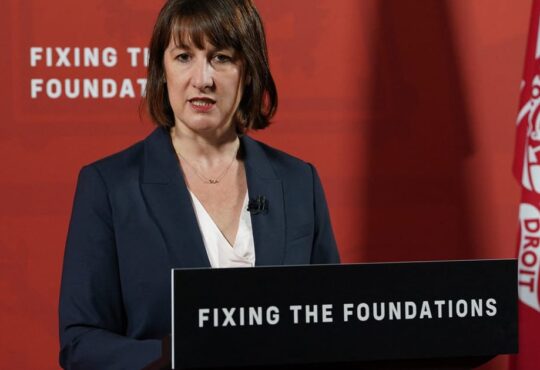
The Department for Work and Pensions (the DWP) has backed the Pensions (Extension of Automatic Enrolment) (No 2) Bill (the Bill). The Bill, which passed the committee stage on 15 March 2023, would give the Secretary of State powers to (i) reduce the age of eligibility for automatic enrolment to 18 years and (ii) abolish the qualifying earnings band (the amount an employee is required to earn before they will be automatically enrolled in their employer’s workplace pension scheme).
Since its introduction under the Pensions Act 2008, the automatic enrolment (AE) regime has required employers to enrol UK-based employees aged between 22 and the state pension age, if they earn above the minimum earnings trigger specified by legislation (currently £10,000 per annum), into a qualifying workplace pension scheme. If the employee is between 16 and the state pension age, and their earnings are below the £10,000 earnings trigger but above the qualifying earnings threshold (currently £6,240 per annum), they are not required to be automatically enrolled. They can, however, opt into joining the workplace pension scheme and receive the minimum level of employer contributions (currently 3 per cent on anything above the qualifying earnings threshold).
The Government published a review in 2017 proposing to expand AE by the mid-2020s, by reducing the age at which employees were automatically enrolled to 18 and to remove the lower qualifying earnings threshold. However, the proposal has yet to be implemented.
The Bill, published by MP Jonathan Guillis as a Private Members Bill on 2 March 2023, would partly implement the changes sought by the 2017 review, by giving the Secretary of State powers to reduce the age for AE eligibility and lower the qualifying earnings threshold (including power to abolish it entirely).
If the AE eligibility age is reduced (which could be to age 18), the automatic enrolment requirement would be extended to anyone aged between the new minimum age and state pension age and earning over the £10,000 per annum minimum earnings trigger. If the lower qualifying earnings threshold is abolished, whilst any jobholder between the age of 16 and the state pension age and earning less than £10,000 would still not be automatically enrolled in a workplace pension scheme, if they were to exercise their right to “opt-in” they would qualify for the minimum level of employer contributions from the first pound they earn (rather than any pound earned above the £6,240 per annum qualified earnings threshold).
Before any new powers provided under the Bill were exercised, the Secretary of State would need to conduct a consultation exercise and present a report to Parliament, detailing the outcome of that consultation. Additionally, any statutory instrument exercising those powers would need to be approved by each House of Parliament.
During the committee stage debate on the Bill last Friday, Laura Trott, the Minister for Pensions, confirmed that by Autumn, there is expected to be a consultation on the implementation of the Bill. The third reading of the Bill is scheduled to take place on 24 March 2023.
While there would, therefore, be some time before the Bill becomes law, and further time before the Secretary of State uses its new powers, businesses will need to monitor the position and be ready to start preparing for the changes. The expansion of AE would lead to increased costs for employers, as more workers become eligible to receive the minimum employer contribution.
However, a DWP report, published on 3 March 2023, noted that approximately 12.5m people are not saving enough for a moderate standard of living on retirement. If the Bill is passed and the Secretary of State exercises its powers, then more younger people, self-employed workers and workers holding multiple jobs with different employers will become eligible for the (minimum 3 per cent) employer contribution into their scheme. It remains to be seen how much the widening of the AE regime and eligibility to opt-in, should this occur, would help address the retirement savings shortfall.






